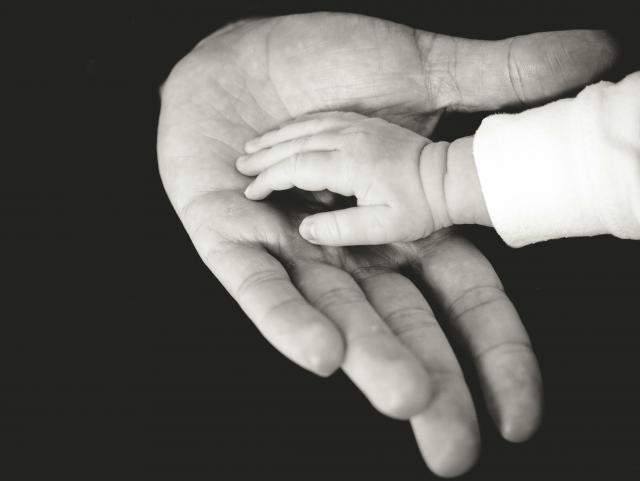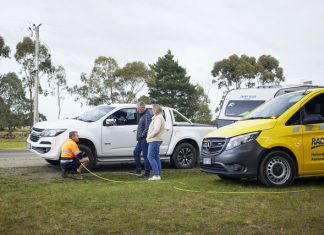Zoe Moffatt
A leading family services agency is calling on families in Hume and the western metro region of Melbourne to consider fostering a child, amid a drop in foster enquiries to a 20-year low.
Child and family services organisation Berry Street has about 600 careers, and need at least another 60 to 70 across the state.
Executive director of strategic engagement Heidi Reid said Berry Street is ‘desperate’ for at least five more careers in Hume.
“In Hume, Wyndham and Melton in particular, the team was saying they are desperate for about [15] new carriers across those areas,” she said.
“They are after five new careers in Hume, five in Wyndham and five in Melton. They’re really keen for carers that can do short term or long term.”
Ms Reid said that with more than 500 of the 12,000 plus children in government care in Victoria living in non-home-based care options, immediate action was needed.
“Every child has the right to a safe, nurturing childhood,” she said.
“There is a critical need to provide a community of support for at-risk children and young people and we want to ensure they know that their right to safety and stability are a priority.”
Ms Reid said the increased need for careers isn’t because people don’t want to help, but it’s due to a range of factors including cost of living pressures, post-COVID uncertainty and different home working environments.
“The economic uncertainty and the increased cost of living is playing a part in people perhaps being not as confident in making large decisions that impact their family.
“So it’s a little bit of a perfect storm and that we’ve got more kids needing carers and more people perhaps holding off on decisions because of uncertainty and challenges in their own environment.
“We are… finding that there has been a drop in the enquiries that are coming through for people to become foster carers. It’s at a 20-year low at the moment.”
Ms Reid said anyone can foster, and encouraged curious residents to find out about the different opportunities available.
“Historically people think that you have to have a partner, you have to have kids, you have to not have kids… and that’s not true at all.
“We actually want the carers to reflect [the] diversity that exists in the community.”







